Top Class Actions’s website and social media posts use affiliate links. If you make a purchase using such links, we may receive a commission, but it will not result in any additional charges to you. Please review our Affiliate Link Disclosure for more information.

A new study has found that auto makers frequently wait to make recall announcements until after a competitor has already issued a recall in order to avoid impact on their stock price as a result.
The study’s findings suggest that automakers are delaying announcing potentially important safety and recall information in order to be part of a “cluster” that reduces harm to their bottom line.
Researchers from five United States universities partnered on the study looking into the frequency of “clusters” in 3,117 auto recalls in the 48 years from 1966 to 2013.
The study found that 73% of auto recalls occur in clusters. On average, clusters last for 34 days and 7.6 following recalls are announced after a leading recall. The following recalls aren’t necessarily related to the same defect as the leading recall, either.
Companies that lead the way on recalls are associated penalties against their stock prices that are 67% higher than companies that wait, the study found.

“The implication is that auto firms are either consciously or unconsciously delaying recall announcements until they are able to hide in the herd,” George Ball, study co-author and assistant professor of operations and decision technologies at the Indiana University Kelley School of Business said.
“By doing this, they experience a significantly reduced stock penalty from their recall.”
The study, Hiding in the Herd: The Product Recall Clustering Phenomenon, was published Jan. 18, and claims to be the first piece of research into this “previously unknown phenomenon.”
The researcher said the study found there was a meaningful financial incentive for auto firms to cluster following recalls behind a leading recall announcement.
“This stock market penalty difference dissipates over time within a cluster. Additionally, across clusters, the stock market penalty faced by the leading recall amplifies as the time since the last cluster increases.”
The study found auto makers also had the tendency to cluster behind reputable brands. Even though Toyota announces some of the fewest recalls, when they do, 31% of their recalls trigger a cluster leading to many other following recalls, Ball said.
“This number is between 5% and 9% for all other firms. This means that firms are likely to hide in the herd when the leading recall is announced by a firm with a stellar quality reputation such as Toyota.”
The researchers from Indiana University, the University of Illinois, the University of Notre Dame, the University of Minnesota and Michigan State University said the study had key implications for regulators like the National Highway Traffic and Safety Administration (NHTSA), which issues auto recalls.
They asked the NHTSA to require auto firms to report the specific defect awareness date for each recall, and to make this defect awareness date a searchable and publicly available data field on its website.
“Making this defect awareness date a transparent, searchable and publicly available data field may discourage firms from hiding in the herd and prompt them to make more timely and transparent recall decisions.”
Top Class Actions frequently covers vehicle recalls. This month, millions of cars continue to be recalled by various manufacturers due to the Takata airbags, the longest-running and most complex auto recall in history.
Meanwhile, with the rise of new technology, drivers are now seeing recalls due to new issues like batteries presenting fire risks in electric vehicles, touchscreen issues in Teslas and emergency call tools that send first responders to the wrong location.
Read About More Class Action Lawsuits & Class Action Settlements:







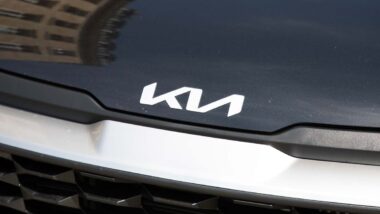
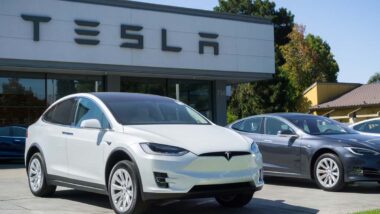
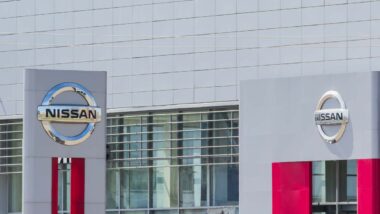


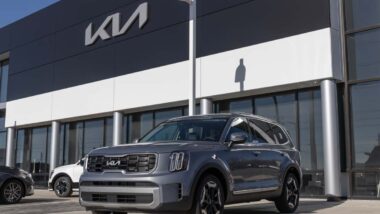
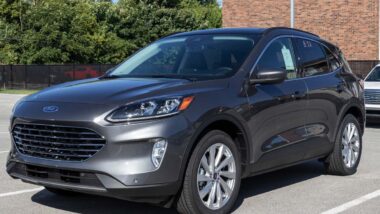
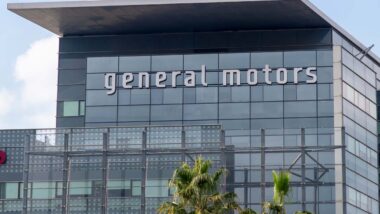
4 thoughts onAuto Companies Delay Recalls to ‘Hide in the Herd,’ Study Says
Please add me Gm refuse to do a recall on a defect in my vehicle
Does Augusta ha cover the lemon law
Please add me
Plz add me had problems